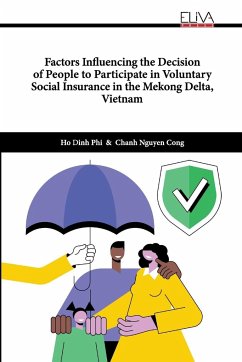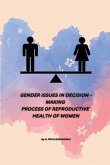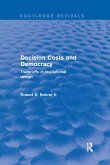Social insurance is the main pillar of the social security system in a socialist-oriented market economy, making an important contribution to achieving progress and social justice, ensuring political and social stability, people's lives, and the sustainable development of the country. Social insurance not only has the function of helping people proactively ensure compensation or partial replacement of income when facing risks but also reduces pressure on the social assistance system. After more than 25 years of organizing, implementing, and managing social insurance, health insurance, and unemployment insurance funds, Vietnam's social insurance system is growing stronger in both scale and scope of operations. Along with many measures to deploy, exploit, and develop social insurance participants, they are still not convincing and do not really participate voluntarily. From there, it will put pressure on society in resolving future relationships, specifically in ensuring social security, and in developing the nation's economy according to socialist regulation direction. Therefore, a study is needed to resolve this issue. This book focuses on three main issues, as follows: First: Assess the current status of voluntary insurance activities in the Mekong Delta, on that basis identify issues that need to be researched and resolved in voluntary insurance in the Mekong Delta. Second: Identify and measure the influence of factors affecting the decision to participate in voluntary social insurance of people in the Mekong Delta region. Third: Propose solutions to expand voluntary social insurance in the Mekong Delta region. The Study uses a non-probability, convenient and quota sampling method through a survey of 370 people in the Mekong Delta as a database to test the research hypotheses. Through the PLS-SEM model, with Bootstrap technique and with reference to 10 domestic and 33 foreign studies on Voluntary Social Insurance participation intention, the authors have identified 7 important factors affecting Voluntary Social Insurance participation intention, including 5 indirect factors (Confidence in benefits, Evaluation of social feedback, Risk perception, Beliefs, Motivation) and 2 direct factors (Attitude toward, and subjective norms).
Hinweis: Dieser Artikel kann nur an eine deutsche Lieferadresse ausgeliefert werden.
Hinweis: Dieser Artikel kann nur an eine deutsche Lieferadresse ausgeliefert werden.








